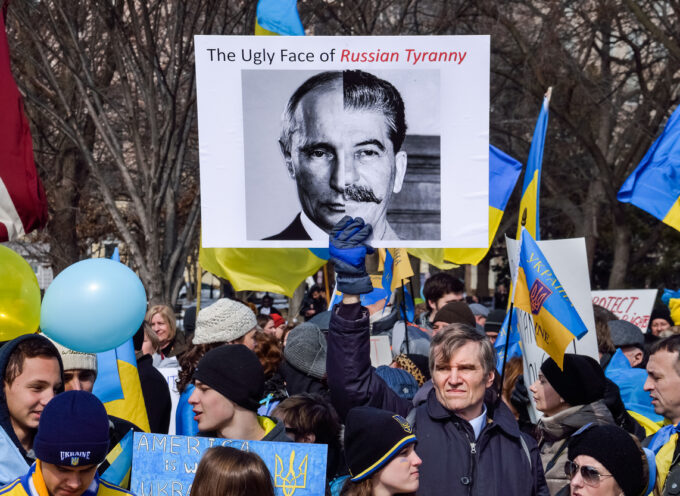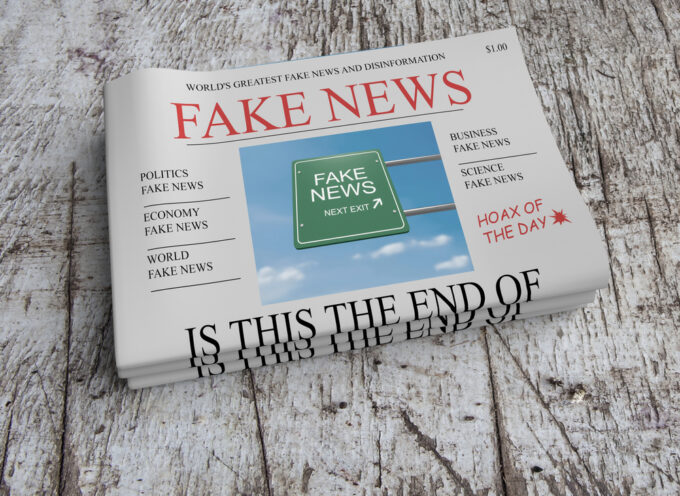Let’s face it: we evangelical Christians have not exactly “won the day” in terms of our social, cultural, and political initiatives. Although we have made some incremental progress with some of our convictional initiatives, such as pro-life reform, we seem to be losing ground on nearly every other front: religious liberty, human sexuality, marriage, among others. What’s more, certain developments during the past year have caused many of our fellow citizens to view evangelicals as little more than the hypocritical and bigoted special interest arm of the Republican Party.
Not the best of times, these.
In light of the situation, therefore, shouldn’t evangelical Christians consider slowing down, taking a deep breath, and reassessing our priorities so we can treasure the gospel and forget about politics and public life for a while?
No.
We should in fact slow down, take a deep breath and reassess our priorities so that we can refocus on the gospel. But a strong and clear focus on the gospel will not cause us to forget about politics and culture for a while; conversely, it will renew and reshape our political and cultural interactions.
The Gospel is a Pearl
The great Dutch theologian Herman Bavinck was fond of reminding his students that the gospel is both a pearl and a leaven. It is a pearl of great price, a treasure for which we forsake everything we have (Mt 13:45-46). “The significance of the gospel,” Bavinck writes, “does not depend on its influence on culture, its usefulness for life today; it is a treasure in itself, a pearl of great value.” For that reason, we treasure it above all other treasures, and do so even when we are persecuted for its sake (Lk 14:25-33).
One way of conceptualizing the great value we place on the gospel is to say that we embrace it in a heartfelt manner. The Bible uses the word “heart” more than 800 times, and portrays true religion as being centered in the heart, the deep center of a human being’s existence. The heart is the inner core that sets the direction for all of life’s activities and shapes the interpretations of life’s experiences.
The Gospel is a Leaven
But the gospel is also leaven, able to permeate the whole of society and culture. When we embrace Christ’s gospel in the depths of our hearts, our allegiance to him naturally radiates outward into everything we say and do. Politics and public life are no exception.
Consider the early church. Even though Christians lived on the margins of the Roman Empire, the whispers of this tiny Christian movement echoed beyond the streets of paganism and exerted powerful influence on society and culture.
We pray that the same will be true for the church in our day. Bavinck writes, “No matter how complicated the relationships may be within which we as Christ-confessors find ourselves in our age, no matter how serious and difficult, perhaps even insoluble, the problems may seem in the areas of society, politics, and above all, in science, it would testify to unbelief and powerlessness for us to withdraw proudly from the fray and under the guise of Christianity to dismiss the whole of our age’s culture as demonic.” Like the ancient church, we must consider how to unleash the gospel as a pearl and a leaven in the midst of a declining and morally decadent Empire.
American Politics in the Shape of a Cross
As leaven, the gospel kneads into our witness both a cross-shaped pattern and a future hope. On the one hand, the gospel creates in our political interactions a cross-shaped pattern. The gospel depicts a king who became a servant, so our witness will involve us decentering ourselves in order to serve the world sacrificially.
This gospel-centrality will inevitably reframe the way we approach political divisive issues and, in so doing, will break the ability of American society to dismiss the church by classifying it as a special interest group beholden to any one political party. The church will be able to regain the distinctiveness and clarity of her voice by reframing political issues in light of Christ and his gospel. The gospel reframes:
- the other by motivating us to love our neighbor even when he is our enemy; the gospel fosters love, which is far superior to tolerance.
- sex by revealing it as a gift from God to be enjoyed within marriage, and by causing us to love those persons whose sexual patterns conflict with biblical teaching.
- gender by revealing it as designed by God and unalterable, and by causing us to love those persons whose gender-identification conflicts with God’s design.
- money by revealing that it is neither our savior nor our security, and by causing us to be radically generous to the economically disadvantaged.
- power by subverting self-centered, manipulative, or authoritarian impulses, and by causing us to lovingly empower others while decentering ourselves.
- life by revealing that it is a gift from God and causing us to cherish innocent life wherever it is found–whether in the womb or on the palliative-care bed.
- the environment, causing us to reject both idolatrous worship of the Earth and the idolatrous destruction of it.
American Politics in Light of a Coming King
On the other hand, the gospel’s centrality forms in us a future hope. When Christ rose from the dead, his resurrection served as a promise that he would return one day to resurrect the cosmos—cleansing it of sin and the consequences of sin—and to resurrect our bodies so we can live with him in the renewed and restored cosmos.
The renewed and restored cosmos is one in which humanity will flourish under Christ’s rule, a reign characterized by justice, peace, and love. So we pray the Lord will cause our political engagement and public interactions to serve somehow as a preview of the justice, peace, and love that will be on offer in his coming kingdom.
So yes, we evangelicals should in slow down, take a deep breath, and reassess our priorities so that we can treasure the gospel. But no, a strong and clear focus on the gospel will not cause us to forget about politics and culture for a while; instead, it will renew and reshape our political and cultural interactions, making them into the shape of a cross and undergirding them with the hope of Christ’s return.
Subscribe
Never miss a post! Have all new posts delivered straight to your inbox.








In considering your thoughts and words, I am curious as to what Scriptures you would cite to compare the Church and it’s influence to leaven? Thanks.
Kipp, hi and thank you for your question. The short answer is that the leaven analogy serves as a good illustration of what the Bible teaches about the goodness of God’s law and the goodness of his gospel. When we embrace the Gospel and submit to Christ’s lordship, our lives are transformed, and our transformed lives serve as positive witness and sometimes positive transformation of social and cultural realities. We embrace Christ through the gospel. We do so in our hearts. And because our embrace of him is heartfelt, it radiates outward into all that we do. We could draw upon the Genesis commands (be fruitful, till the soil, have dominion) or the Proverbs that show the benefits of wisdom over folly, or the prophets, but even better we can draw upon the loads of NT teachings that show the positive effects of gospel conversion and gospel obedience. for a more detailed explanation, if you are interested, I’ve written two books on this subject. Gift-sized. “One Nation under God” and “Every Square Inch.”